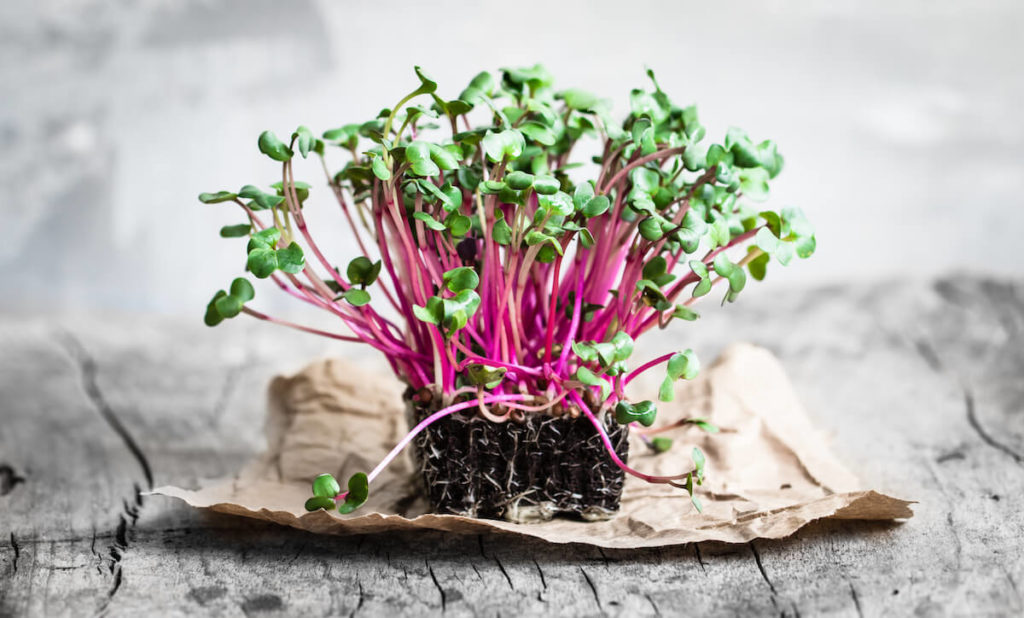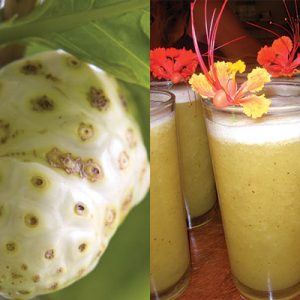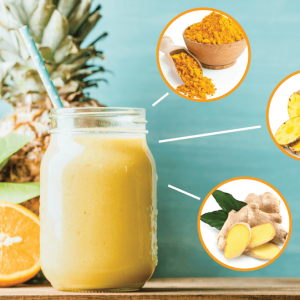
The health benefits of sprouting are slowly coming to light, and for good reason too! These little guys pack a powerful nutritional punch, and are renowned for their cancer-fighting abilities. Plus, you can easily sprout microgreens in the comfort of your own home!
You can make a sprout out of just about any vegetable. The most common sprouts we hear of are the infamous alfalfa sprouts – but why limit your consumption to alfalfa? There are broccoli sprouts, sunflower sprouts, radish sprouts – the list is endless! Some people also sprout beans, and make lentil sprouts or mung bean sprouts. You can also sprout, and grow microgreens, which are essentially the smaller version of lettuces as they just begin to grow.
Why eat the sprouted (or micro) version of the vegetable, and not just the fully matured vegetable? Why eat beans that have been sprouted instead of plain soaked and cooked beans? I’m not saying you should never consume broccoli, and only consume broccoli sprouts. What I am pointing to, rather, is that you should, perhaps, regularly incorporate both of these food items in your diet, because the nutrients, although from the same plant, are quite different between the two. For example, in 1997, John Hopkins’ research found that broccoli sprouts contained up to fifty times more cancer fighting benefits than broccoli alone, due to their much higher sulforaphane content.
Amazing Benefits of Sprouts
1. Enzymes & Digestibility
Sprouts and microgreens are a great source of enzymes, which improves digestibility and overall well-being.
Sprouting helps to increase the digestion and health benefits of whatever you choose to sprout. Some people have an easier time digesting sprouts than their mature, fully formed food equivalents (i.e., broccoli, being a highly cruciferous vegetable, may make it hard to digest. Broccoli sprouts, on the other hand, are much easier to digest. The same rule applies to beans).
2. The Power of Sprouting
Sprouts have actually been found to improve cardiovascular health, prevent heart disease and stroke, improve bone mineral density, protect DNA against free radicals, and even help to treat diabetes, Parkinson’s disease and Arthritis. In fact, one study from the University of Ulster found that eating just over 100 grams of sprouted vegetables (mix of broccoli, radish, alfalfa, and clover sprouts) every day for two weeks has been shown to clear protective effects against DNA damage in human blood cells.
Research led by scientist Bernhard Juurlink at the University of Saskatchewan found that compounds in broccoli sprouts can literally mop up free radicals and thus protect against high blood pressure, stroke and heart disease. Oxidative stress occurs when free radical production is so high that the body cannot neutralize it. Free radicals are unstable chemical byproducts of the body’s normal metabolism. They have the ability to damage cells in the body, similar to the rusting of iron. This can lead to a variety of body ailments. To prevent this “rusting,” Juurlink notes, you can eat foods rich in chemicals called phase 2 protein inducers, such as glucoraphanin, which is found in very high levels in broccoli sprouts. Broccoli sprouts, compared to the mature broccoli plant, have much higher levels of glucoraphanin, and you would need to eat 20 to 50 times as much of the mature plant to get the same benefits as sprouts.
Clover, alfalfa, and organic soybean sprouts also contain a class of beneficial phytoestrogens called coumestans. Dietary phytoestrogens help play a role in the prevention of menopausal symptoms, osteoporosis, cancer and heart disease. These sprouts can help prevent cancer cell differentiation, inhibit tyrosine kinase and DNA topoisomerase activities, suppress angiogenesis, and exhibit strong antioxidant effects. Increasing your consumption of plant foods, especially sprouts like clover, alfalfa and soybean, is an excellent way to reap these amazing benefits.
3. Amazing Nutritional Profile
Sprouts and microgreens have a wide array of amino acids, which are the building blocks of protein. So you could technically say that these tiny little plants have plenty of protein in them. Sunflower greens for instance, are a complete protein, and contain as much protein as chicken! Sprouts are also a great source of chlorophyll, which benefits many functions of the body such as building healthy blood supply, revitalizing tissue, reducing inflammation, and acting as a natural deodorant to keep your bodily odours down to a minimum. Not only do they have chlorophyll, they are also rich in vitamins A, B complex, D, E and minerals like calcium, phosphorous and zinc.
Choose Organic Sprouts!
Commercial, non-organic sprouts are rinsed with chlorine to get rid of “harmful” bacteria, so growing your own (link provided below), or buying organic sprouts should be the only sprouts you consume, otherwise you will be getting a mouthful of chlorine with each mouthful of sprouts.
Grow your own sprouts:
It isn’t that hard to grow your own sprouts, and it is much more affordable too. This website has a great guide on how to grow your own sprouts!
Buy sprouting seeds:
– International Sprout Growers Association
– Any USDA certified organic seeds
Sprouts and microgreens, overall, are powerhouses of nutrition. They are considered to be one of the most perfect foods an individual could consume. The benefits they have on the body are numerous, and can readily help prevent and fight disease. So go ahead and eat some sprouts! You can put them in salads, wraps, sandwiches, or simply eat them as is. Sunflower sprouts have an excellent nutty flavour, and they taste very similar to sunflower seeds themselves. Alfalfa sprouts are more bland, and broccoli sprouts taste slightly spicy. Microgreens taste much more distinct than their mature counterparts, and are often much more flavourful!
Sources:
(1) http://www.naturalnews.com/033888_broccoli_sprouts.html
(2) http://www.jhu.edu/jhumag/0408web/talalay.html
(3) http://whfoods.org/genpage.php?tname=dailytip&dbid=21
(4) Gill, C., Haldar, S., Porter, S., Matthews, S., Sullivan, S., Coulter, J., McGlynn, H., & Rowland, I. (2004) The effect of cruciferous and leguminous sprouts on genotoxicity, in vitro and in vivo. Cancer, Epidemiology, Biomarkers, and Prevention, 13, 1199-1205.
(5) Wu, L., Ashraf, M., Facci, M., Wang, R., Paterson, P., Ferrie, A., Juurlink, B. (2004) Dietary approach to attenuate oxidative stress, hypertension, and inflammation in the cardiovascular system. Proceedings of the National Academy of Sciences, 101, 7094-7099.
(6) Branca, F., Lorenzetti, S. (2005) Health effects of phytoestrogens. Forum Nutr., 57, 100-11.








The “Grow Your Own Sprouts” link no longer works.
Just updated, sorry about that!